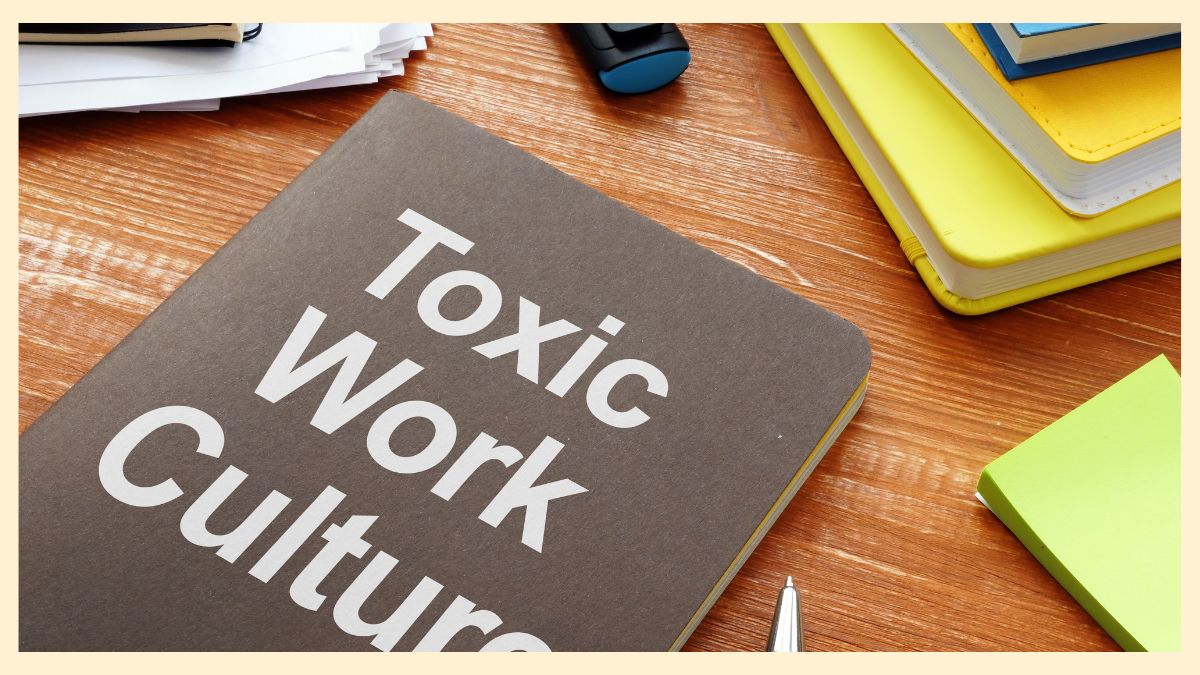Who said that you can only spot red flags in a relationship? Nope—they exist even in the corporate world. These corporate red flags, much like those in personal relationships, can lead to burnout, anxiety, and could prevent you from growing as a person.
For Filipino corporate workers, recognizing and addressing these red flags is crucial. In a culture where respect and harmony are highly valued, it can be challenging to speak out against unfair practices or to set boundaries. However, awareness and proactive measures are essential to foster a healthier work environment.
By identifying these corporate red flags early, Filipino employees can take steps to protect their mental health and career growth. Whether it is advocating for fair treatment, seeking supportive mentors, or finding companies that align with their values, the goal is to create a work life that supports their overall well-being.
Addressing corporate red flags is not just about individual survival, but about creating a more equitable and supportive workplace culture in the Philippines. This shift can lead to greater productivity, job satisfaction, and a more resilient workforce, benefiting both employees and employers alike.
Important Corporate Red Flags You Should Look Out For
1. When overworking becomes the standard
Working late to meet numerous deadlines, saying yes to projects outside your job scope, and answering emails beyond work hours (or even during weekends or paid time off)? If this sounds like you, take a step back. You might be caught in a system that dehumanizes work, treating people as "corporate machines" to be exploited at the expense of their mental health.
Overworking and hyperproductivity are often praised and romanticized. As a Filipino, it can be especially challenging to draw the line due to our "people-pleasing" mentality and the cultural concept of "utang na loob" (debt of gratitude). This cultural backdrop can make it difficult to refuse additional work or to prioritize personal well-being without feeling guilty.
In addition, there is also a challenge in the Filipino culture where overworking or overachieving acts as a license for worth and acceptance. Many employers in the country exploit this mindset, capitalizing on it rather than helping to combat it. As a result, the lines between personal life and work life become blurred, leading to a lack of boundaries in every aspect.
According to Clockify, a healthy workplace fosters a work-life balance where employees are not shamed for taking time off, and rest is encouraged. It is crucial to recognize that a sustainable work environment values your mental and physical health as much as your productivity. It should not be a one-way transaction where the company is the only one benefitting from you.
The relationship should should highlight partnership and collaboration. Remember, a healthy workplace isn't just about meeting deadlines—it is about ensuring that employees can thrive both professionally and personally.
2. Micromanaging Management
Empowerment happens when leaders teach and mentor rather than simply "boss" people around. However, in a toxic workplace, micromanaging is prevalent. According to a 2023 FlexJobs survey, 40% of workers reported being "micromanaged" by their employers. This practice is toxic because it reflects a lack of trust and often involves unilateral decision-making. The spirit of teamwork dies as a result, stifling creativity and collaboration.
Not only that, micromanaging perpetuates authoritarian tendencies in a company, which can be punitive and could cause further division and resentment among people. This undermines the potential for employees to take ownership of their work and contribute meaningfully to the organization's goals. As a result, morale and trust deteriorate, hindering overall productivity and success.
In contrast, a healthy working environment is built on respect. When respect is present, it fosters teamwork and collaboration, creating a space where everyone can learn and thrive. In such an environment, decisions are consultative, involving input from all team members, which enhances morale and productivity. Respect in the workplace ensures that empowerment and growth are prioritized over control and micromanagement.
3. Loyalty > Accountability
"We are a family" is a common phrase used by companies or bosses, but while it may evoke feelings of belongingness and entitlement, it can also be a major red flag. According to a Manila Bulletin article, many Filipinos tolerate toxic work environments because they are conditioned to believe they are "part of a family" and that experiencing burnout is a sign of "good sacrifice," a badge of honor.
However, this culture will do more harm than good in the long run. When employers prioritize loyalty over accountability, they often turn a blind eye to poor communication, unreasonable expectations, and a lack of career development opportunities. This leads to breach of due process, especially in handling conflict. Justice will oftentimes be set aside in circumstances where company reputation is at stake.
Employees may feel obligated to sacrifice their well-being and personal boundaries for the sake of preserving this illusion of familial unity. Yet, in reality, such sacrifices only serve to perpetuate the status quo of unchecked power imbalances and disregard for individual needs. The notion of being part of a "family" can obscure the reality that, despite familial rhetoric, companies can and will replace employees if deemed necessary.


